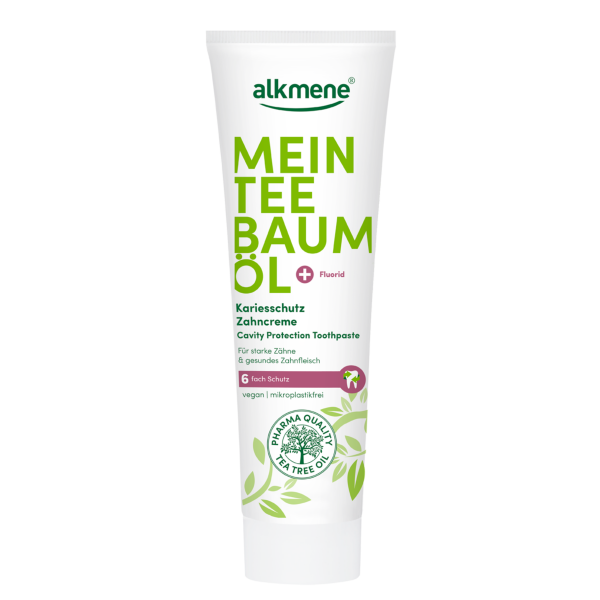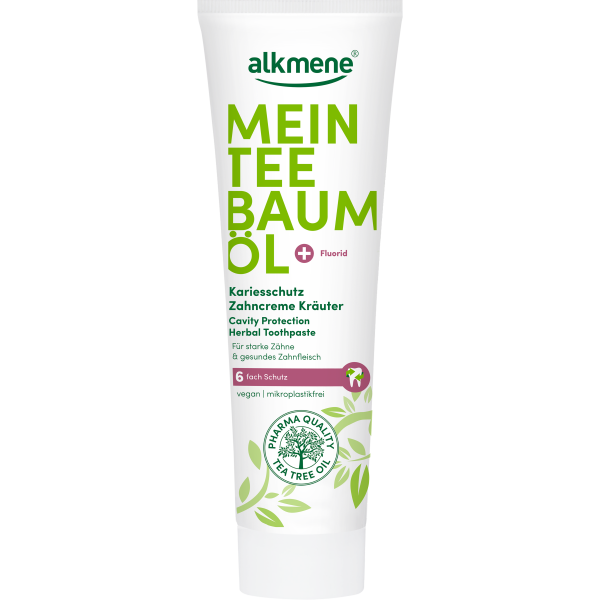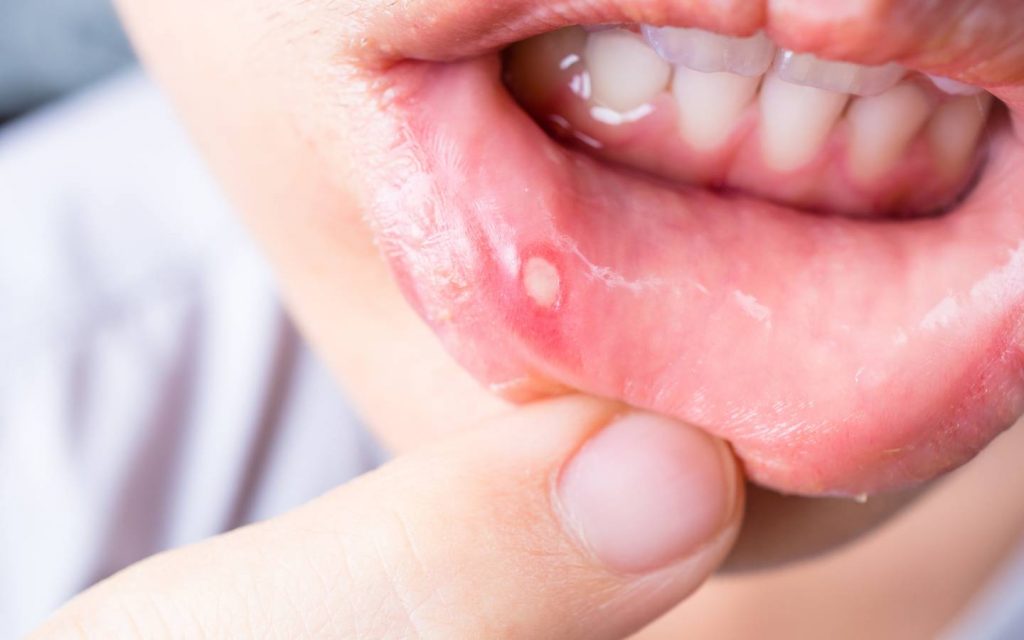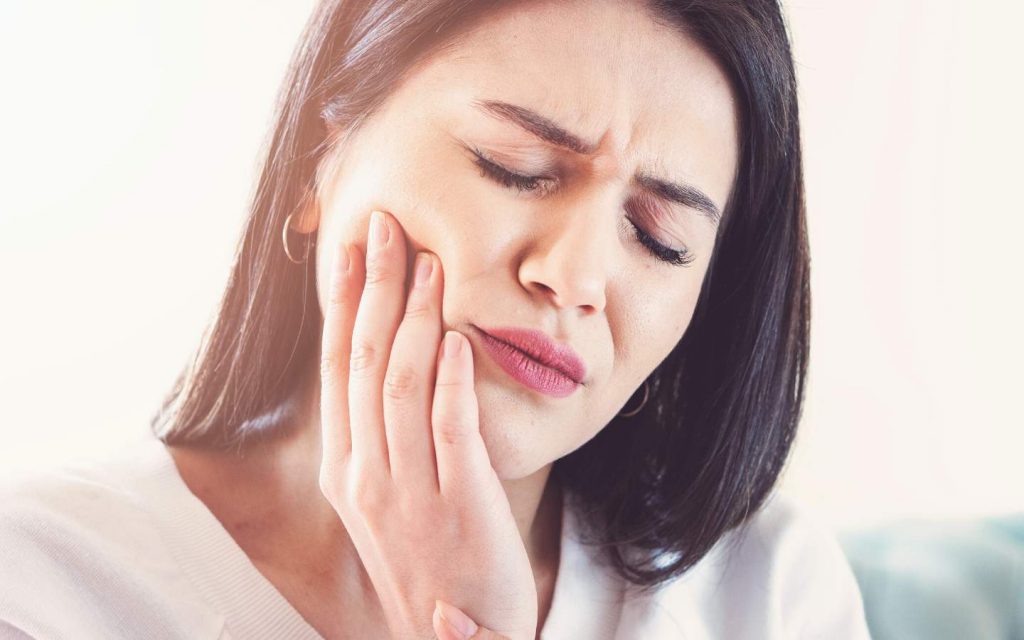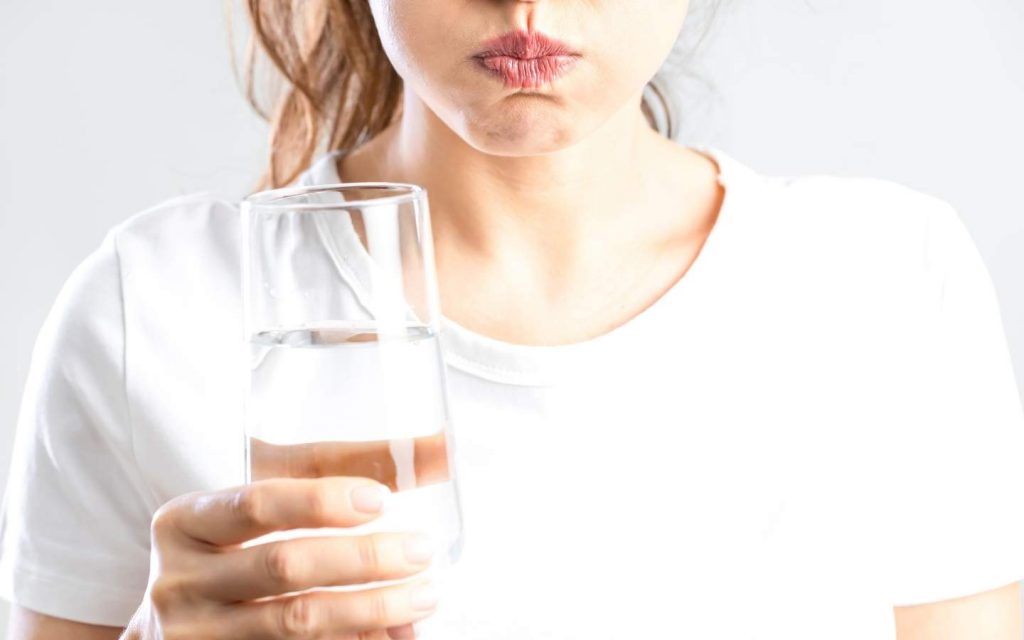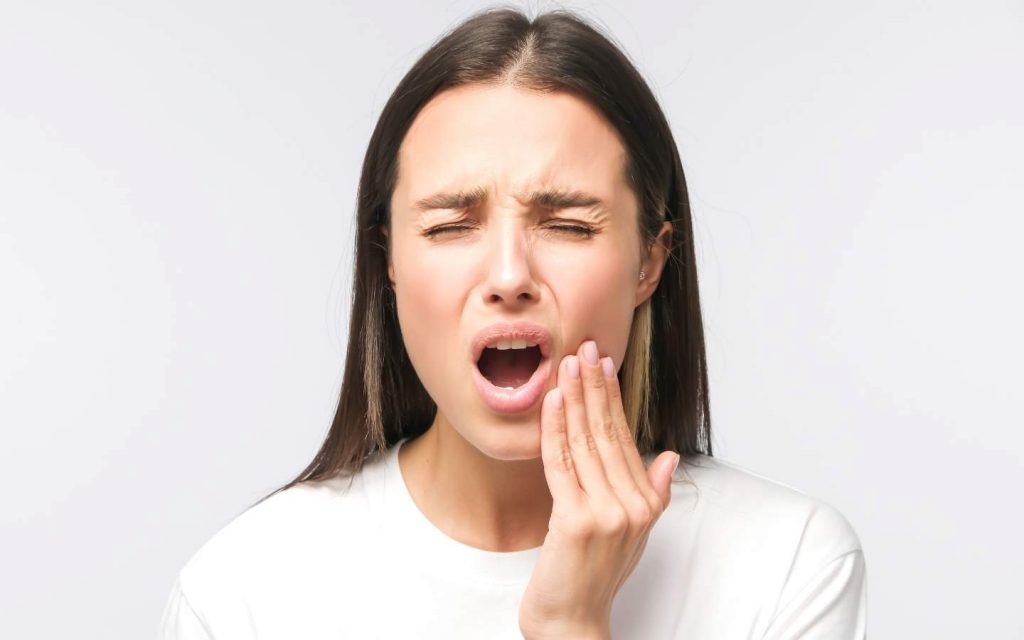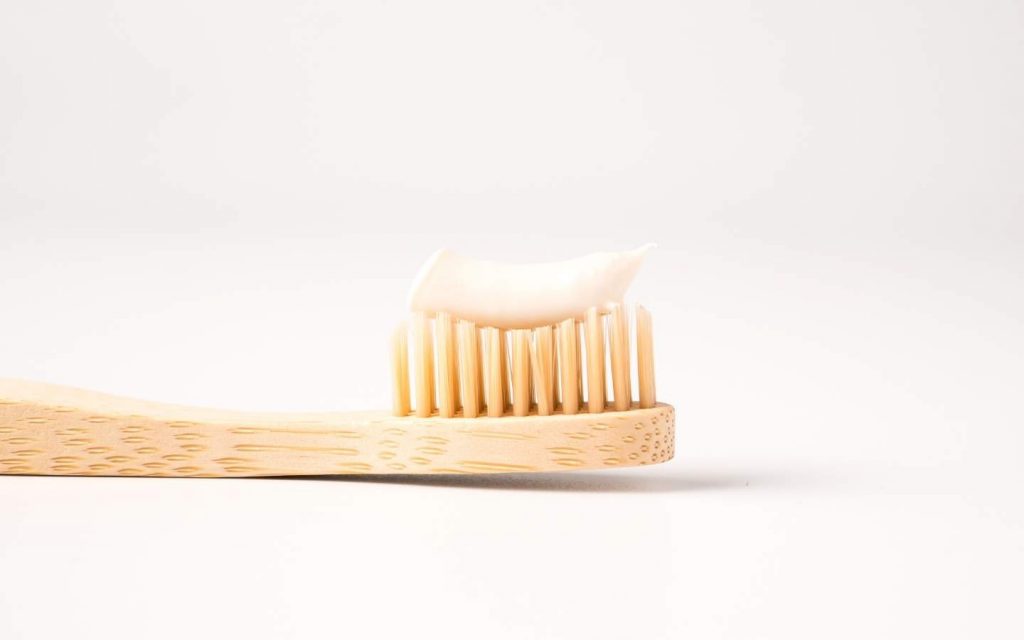


This article has been reviewed by:
Birgit Schlee
Dental hygienist
You have decided to live vegan or just want to question the consumption of products with animal ingredients? Then you will probably also ask yourself more and more often the question which products are vegan and which are not. Not only with food, but especially in the area of cosmetics or care products, however, it is often not easy to recognize whether an item contains animal ingredients. In order to provide a bit of clarity in this context, we summarize the most important facts on the topic of “vegan toothpaste” in this article.
How can I recognize vegan toothpaste?
One of the easiest ways to identify vegan toothpaste is to look at the packaging and look for seals or labels that include the word “vegan”. However, not all manufacturers provide their toothpaste with a suitable label. In this case, one approach may be to check the ingredients of the toothpaste. For example, the following ingredients may be present in non-vegan toothpastes:
This is a protein obtained from cow’s milk or whey.
As soon as the humectant glycerin is derived from animal fats, it is not vegan.
For antimicrobial effect, these bee-derived ingredients are also sometimes added to toothpaste.
This non-vegan ingredient is derived from ground animal bones and is usually added to toothpaste as an abrasive.
Another non-vegan factor is animal testing during the manufacturing process, which is prohibited in the EU for cosmetic products.
If you are still unsure whether a toothpaste is vegan after checking the products, it often helps to ask the manufacturer’s service department or take a look at the website itself.
Good to know:
With the product series MY TEA TREE OIL you can read on each product and on each product page on the web whether a product is vegan (see logo) and thus also, as required by law, was produced without animal testing.
What replaces the animal ingredients in a vegan toothpaste?

Inhaltsstoffe veganer und nicht-veganer Zahnpasta
Fluorides such as sodium fluoride inhibit the growth of plaque-promoting microorganisms and prevent caries.
These include, for example, sorbitol, glycerin of plant origin and synthetically derived urea.
Hydrated silica of mineral origin cleans and polishes the teeth.
Finally, another important note:
When reading the packaging of a toothpaste, vegan and non-vegan products may appear to have the same ingredients. This is because the respective names are used regardless of their origin. Thus, “glycerin” may appear in a non-vegan and a vegan toothpaste. However, if the manufacturer assures that the respective product is vegan, then an ingredient of non-animal origin is used, as in the case of “glycerin”.
Does vegan toothpaste clean as well as conventional toothpaste?
You want to reach for a vegan toothpaste, but are worried that it won’t have the same cleaning effect?
Expert and dental hygienist Birgit Schlee says it does:
“Vegan dental care products are in no way inferior to conventional products when it comes to cleaning.”
The ingredients of a vegan toothpaste fulfill their function analogously to the non-vegan ingredients of other toothpastes. The effect in terms of cleaning and the prevention of plaque and caries is usually also proven by application tests and tested by dentists.
alkmene® MY TEA TREE OIL – 100% vegan toothpaste – 100% dentally tested
We at alkmene assure you that our toothpastes are 100% vegan. In addition, when used daily, they effectively prevent the development of tooth decay, strengthen tooth enamel, keep gums healthy and provide fresh breath.
Lastly, we want to show you what ingredients our vegan toothpastes contain and what the substitutes are good for (*abrasives, **humectants, ***antimicrobials):
MY TEA TREE OIL Caries Protection Toothpaste
Aqua, Hydrated Silica*, Sorbitol**, Propylene Glycol, Urea**, Sodium Fluoride***, Allantoin, Melaleuca Alternifolia Leaf Oil***, Salvia Officinalis Leaf Extract, Aroma, Sodium Saccharin, Cellulose Gum, Tetrapotassium Pyrophosphate, Sodium Cocoyl Isethionate, Cocamidopropyl Betaine, Carbomer, Coconut Acid, Glycerin**, Sodium Isethionate, Sodium Benzoate, Limonene, Sodium Chloride, CI 77891
MY TEA TREE OIL Caries Protection Toothpaste Herbs
Aqua, Hydrated Silica*, Sorbitol**, Propylene Glycol, Urea**, Sodium Fluoride***, Allantoin, Melaleuca Alternifolia Leaf Oil***, Salvia Officinalis Leaf Extract, Aroma, Sodium Saccharin, Cellulose Gum, Tetrapotassium Pyrophosphate, Sodium Cocoyl Isethionate, Cocamidopropyl Betaine, Carbomer, Coconut Acid, Glycerin**, Sodium Isethionate, Sodium Benzoate, Limonene, Sodium Chloride, CI 77891
![]()
